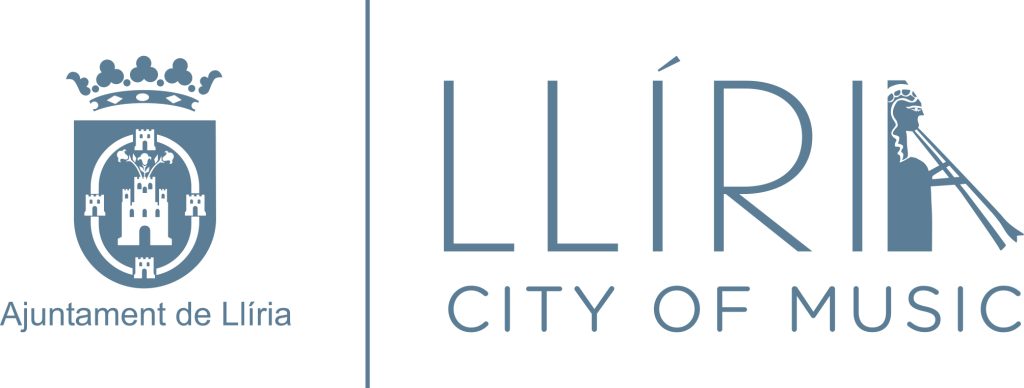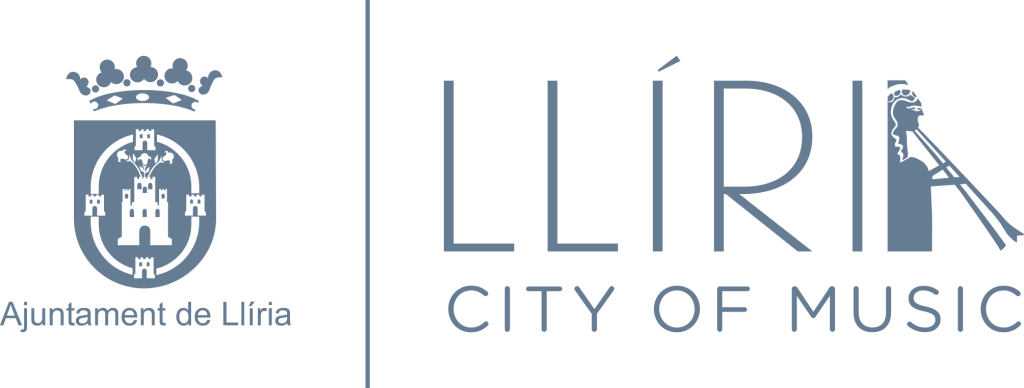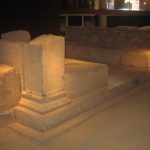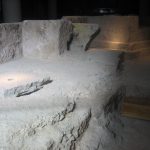Latest news
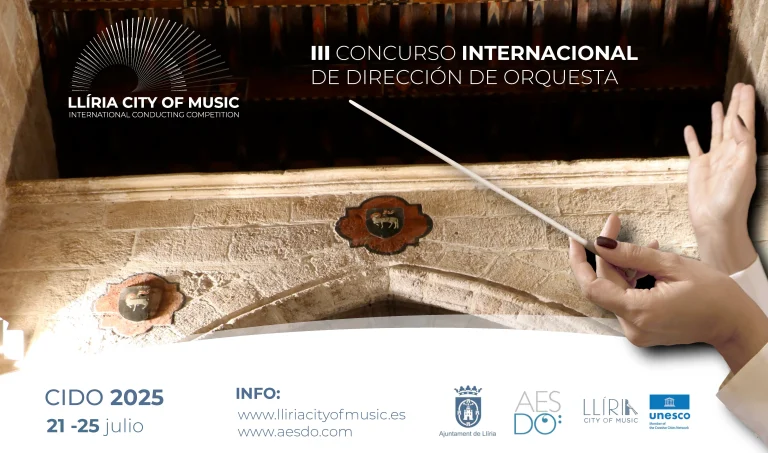
Llíria releases the third edition of its competition in search of the best young international conductor
The 3rd International Orchestra Conducting Competition “Llíria City of Music” will be held from July 21 to 25 Llíria, April 14, 2025.- Llíria Will once again host the most
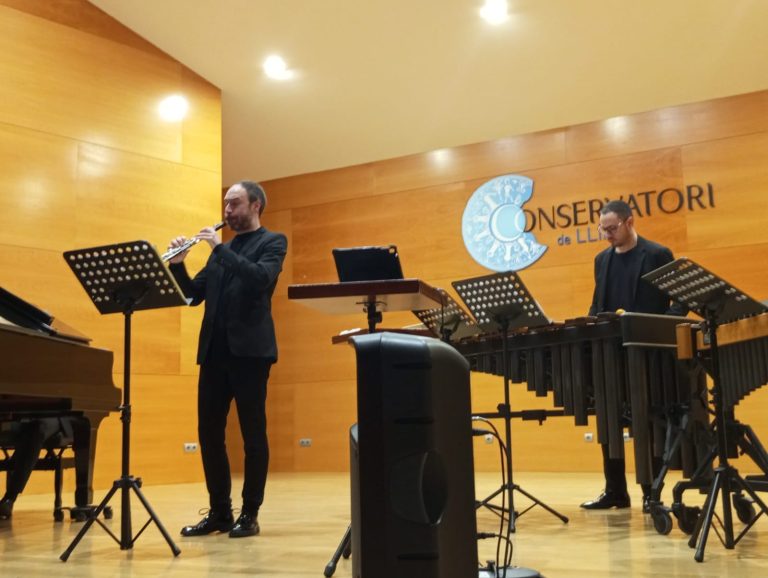
Lliria celebrates its 5th anniversary as an UNESCO Creative City with an excellent concert by NEXUS TRIO.
In 2019 Lliria became one of the UNESCO’s Creative Cities, for its musical importance, history and category. This event’s fifth anniversary could not be celebrated any other way than with

Municipal reception for musicians who have made the Asian tour
THE MAYOR OF LLÍRIA, THE COUNCILOR OF UNESCO CREATIVE CITY AND MEMBERS OF THE MUNICIPAL CORPORATION HAVE RECEIVED AT THE TOWN HALL THE MEMBERS OF THE EXPEDITION THAT HAS TRAVELED
There is no Event
Lliria - City of music
Twelve things you should know
Music has been created in Llíria since at least the third or second century before Christ. This is shown by the famous “Kalathos of the dance”, which represents men and women dancing to the sound of a flautist.
Llíria relies on the most prestigious and oldest Civil Music Bands in Spain, whose history was born 200 years ago.
There are four official centres where music is studied, among which is to be found the Public Conservatory, having formed more than 3000 musicians in the last 25 years.
In 1997 Llíria hosted the first educational centre of Spain where music is integrated with primary studies.
Today Llíria is one of the European cities presenting a higher percentage of musicians per capita.
There are more than 1400 musicians formed in Llíria that exercise professionally all over the world.
Llíria annually hosts more than 170 musical events, both national and international, and of various styles: band music, classical music, ancient music, contemporary music, jazz, world, percussion, choirs, rock-pop, rap…
There are 30 public spaces that host live music, from ancient Iberian, Roman and Arab sites to medieval and baroque churches, as well as Renaissance museums and palaces, where art, music and different cultures merge.
Llíria has been declared “Valencian City of Music” by one of the regions with a prevailing musical tradition in Europe, the Valencian Community.
More than one-tenth of the municipal budget is destined to the music sector.
Llíria has a long tradition of international cooperation and cultural exchanges with the music at the centrepiece.
Over the last two centuries, music has been used to articulate Llíria’s social life, integrating all local groups, including those most disadvantaged, through its multiple associations.
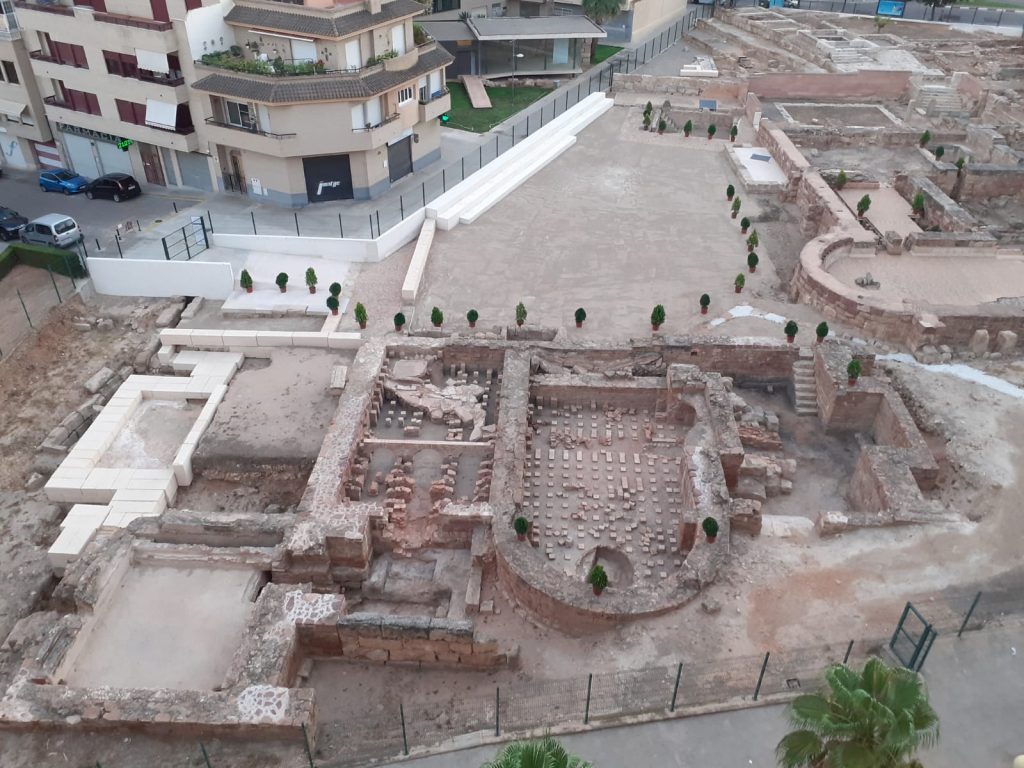
Unique corners
Symphony of cultures
Living scenarios in a city with an ancient musical culture.
Musical Culture
Musical
Creativity
Discover the place where the Edetanos have been connecting with music for over 2000 years.
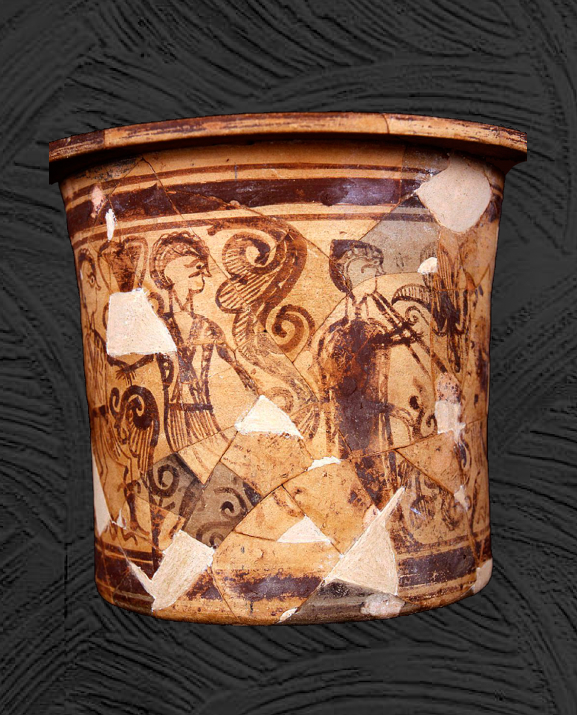

Music
as a mother tongue
Musical Education
The Edetanos have been connected to music for generations. Learn first-hand how you are part of them.
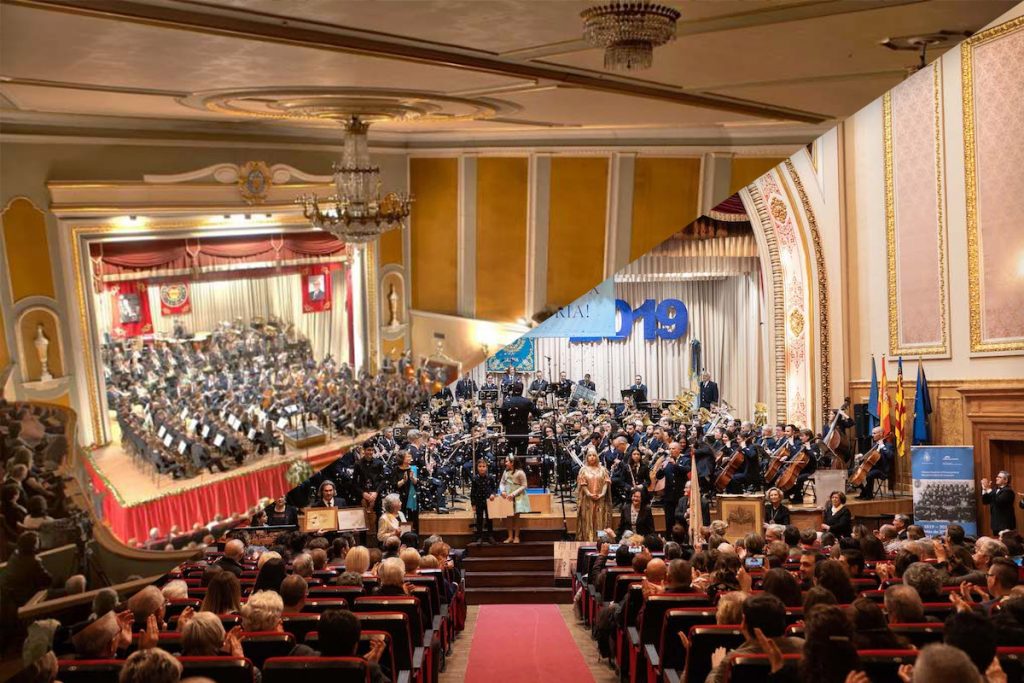
Living places
Scenarios
Llíria has numerous of stages prepared to host an endless number of concerts and festivals.
The work of everyone
Achievements in music
Find out how Llíria has made music its DNA.
